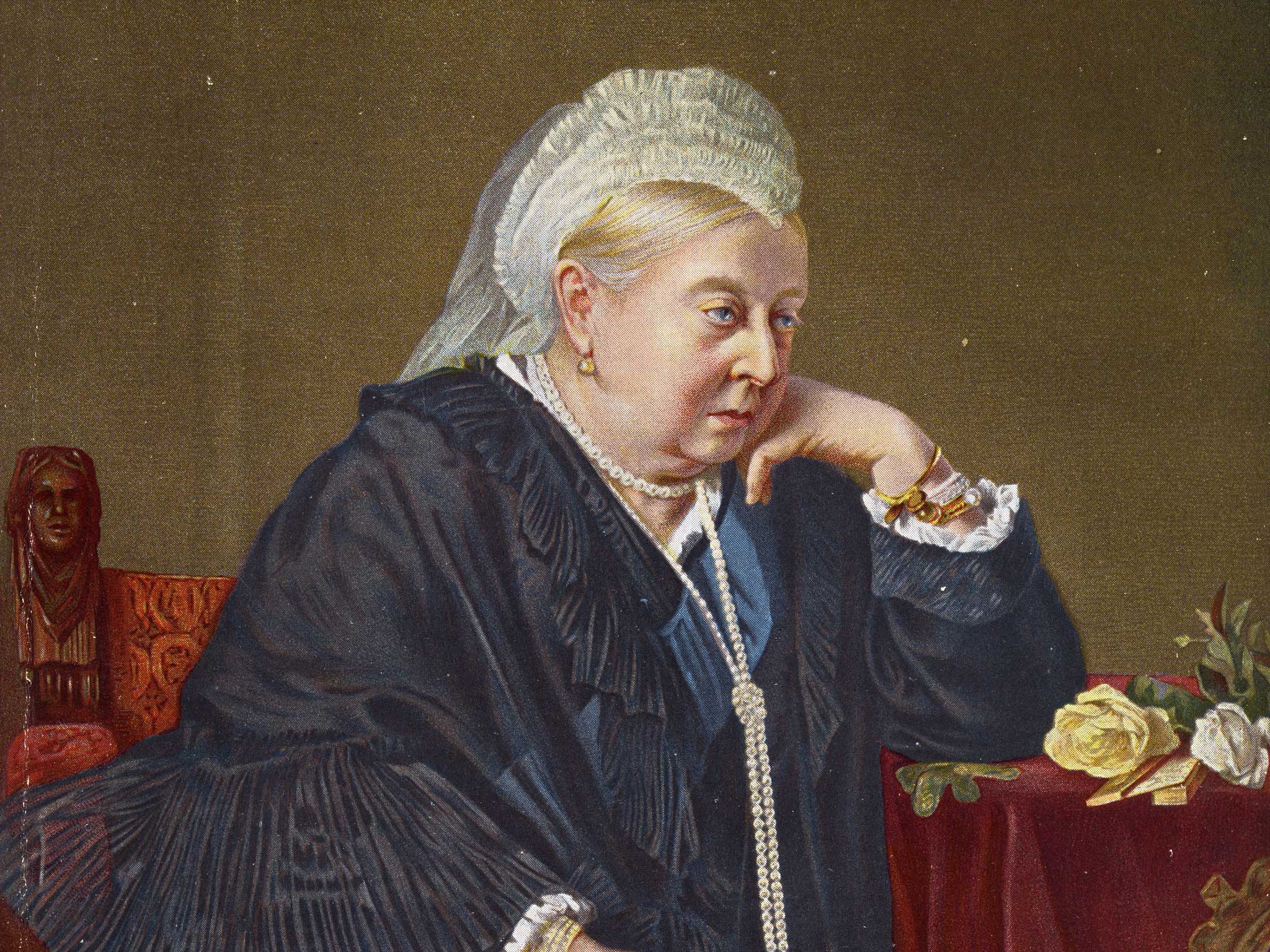Victoria: A Life by A. N. Wilson, book review: Slapdash and inconsistent, but never dull

The publishers describe A.N. Wilson's book as the definitive biography of Queen Victoria, which draws on a wealth of new material to show her as she's never been seen before. Even by normal blurb standards this is hyperbole.
To be sure, Wilson's research has been characteristically diligent. He has read widely, explored obscure archives, quizzed experts and scrutinised palaces. He has also visited Coburg, the birthplace of Prince Albert, which Bismarck dubbed the royal "stud farm of Europe".
Wilson even inspected the two polished mahogany water closets installed in the baroque bedroom of the Emperor of Austria at Schloss Ehrenburg, where he met the Queen in 1863. The lavatories, Wilson tells us, had been manufactured by Thomas Crapper of Chelsea.
As this suggests, he has unearthed little of real significance. It's certainly not enough to alter the familiar picture of Queen Victoria as enshrined in the vast literature about her life – much of the original evidence, of course, having been burnt or bowdler- ised by members of her family and loyal courtiers. In Wilson's pages she remains the emotional girl, the passionate wife, the scolding mother, the hysterical widow, the imperious sovereign, the antique icon.
He concludes on the standard upbeat note: the Queen was kindly, unconventional, gracious, volatile, unsnobbish, surprisingly intelligent and, despite the cliché to the contrary, often amused. In sum, we are "in the presence of greatness".
This hardly comports with Wilson's verdict in The Victorians, the best of his recent historical trilogy, where he depicts the monarch as an unintelligent egomaniac. Similarly in that volume he endorsed the verdict of one insider, Frederick Ponsonby, that the Queen's relationship with her Scottish servant John Brown was simply that of "employer and devoted retainer", whereas in this biography he cites all sorts of questionable evidence to the effect that they were lovers and even got married, and he can't make up his mind about the truth.
This was, surely, that Victoria romanticised the blunt, boozy Brown as the epitome of simple, wholesome Highland life. Like the Queen's subsequent favourite, the Munshi or "Indian Secretary", he afforded her an escape from the regal bubble – much as Marie Antoinette had escaped into a fantasy world of shepherdesses.
Nor is Wilson wholly consistent in the present book: he asserts that the biographer has to concentrate on the "inner woman" yet devotes an inordinate amount of space to recapitulating well-known events in her reign. In the process he tends to inflate the monarch's political importance, asserting that she was better informed than her ministers about the Prussian danger and able to save them from their own folly.
In fact her "communications network" amounted to family letters and Palmerston, who ignored the Palace when it suited him, advised her to confine her correspondence to royal gossip – which she mainly did. Her underlinings, capitals and exclamation marks merely emphasised her impotence. Wilson might have mentioned that Gladstone would say, after dutifully reading out her effusions to the Cabinet, "And now, gentlemen, to business."
Wilson's account is marred by slapdash writing, poor organisation and other signs of haste. It contains some very odd judgements: he says, for example, that the flagrant grab for Ashante in 1895 showed the British Empire at its "patient best". And it is not always accurate: Wilson calls the Dervishes whom Kitchener defeated at Omdurman "askaris", ie, colonial soldiers.
On the other hand, despite being a literary Stakhanovite almost on a par with the Queen herself, Wilson is always worth reading. He is astute, unpredictable and opinionated. He has a great eye for an anecdote. Above all, he is witty. He describes the Queen as a "balloon of bombazine" and suggests that her new title, Empress of India, would have been more appropriate to a railway engine or perhaps a pig.
Subscribe to Independent Premium to bookmark this article
Want to bookmark your favourite articles and stories to read or reference later? Start your Independent Premium subscription today.

Join our commenting forum
Join thought-provoking conversations, follow other Independent readers and see their replies